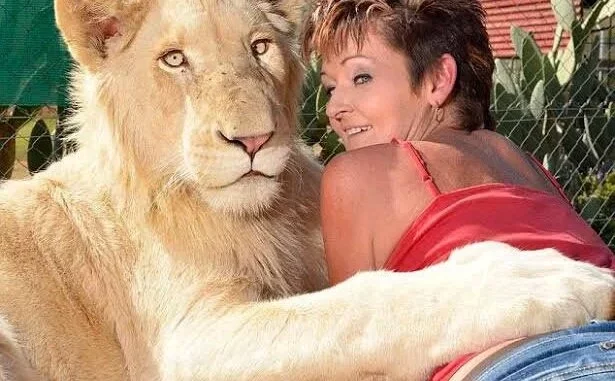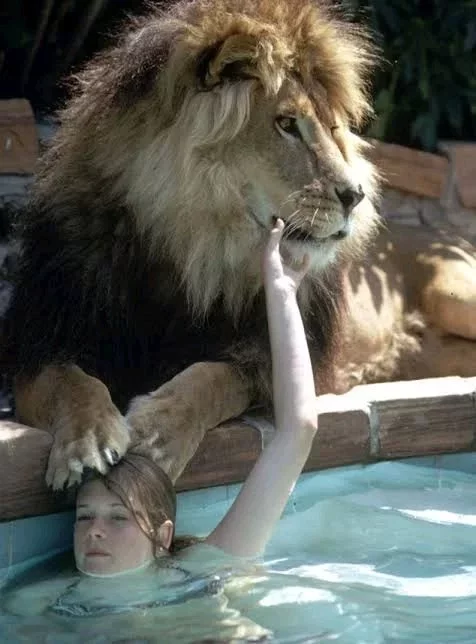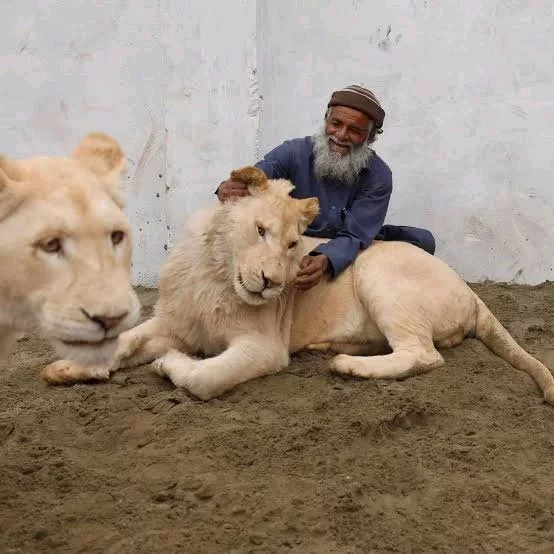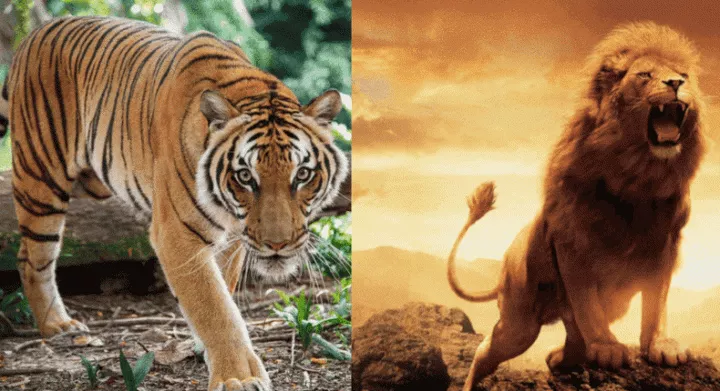
Keeping lions as pets is highly controversial and ill-advised, as these wild animals have specific needs and behaviors that cannot be met in a domestic setting. Despite their majestic appearance, lions are apex predators, posing significant risks to both owners and communities.

Lions exhibit complex social structures and require vast territories to roam freely.
In captivity, they experience stress, depression, and physical health issues due to confinement. Even if raised from a young age, their wild instincts can unexpectedly resurface, leading to dangerous situations. Domestication is a lengthy, multi-generational process, and lions are unsuitable candidates due to their biology and inherent nature.

Moreover, lions are protected species in many countries, making owning them as pet's illegal. The illegal wildlife trade perpetuates the suffering of these creatures, negatively impacting their populations in the wild.
Responsible animal welfare organizations and conservationists strongly discourage keeping lions as pets. They advocate for protecting these animals in their natural habitats and supporting reputable sanctuaries that provide proper care for rescued or orphaned lions.
Appreciating and conserving wildlife can be achieved through ethical ecotourism, wildlife documentaries, and supporting conservation initiatives. Encouragingly, some countries have banned private ownership of wild animals to protect both the public and the animals themselves.















Comments